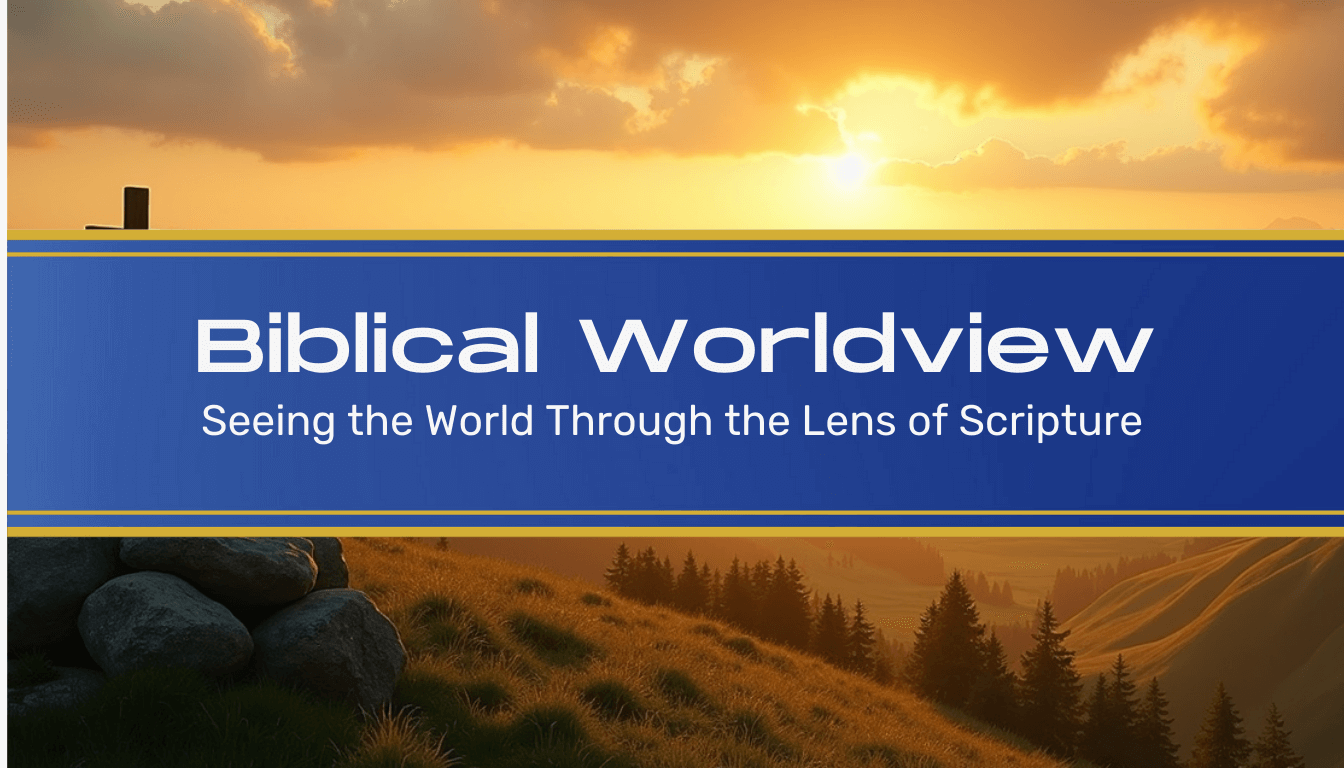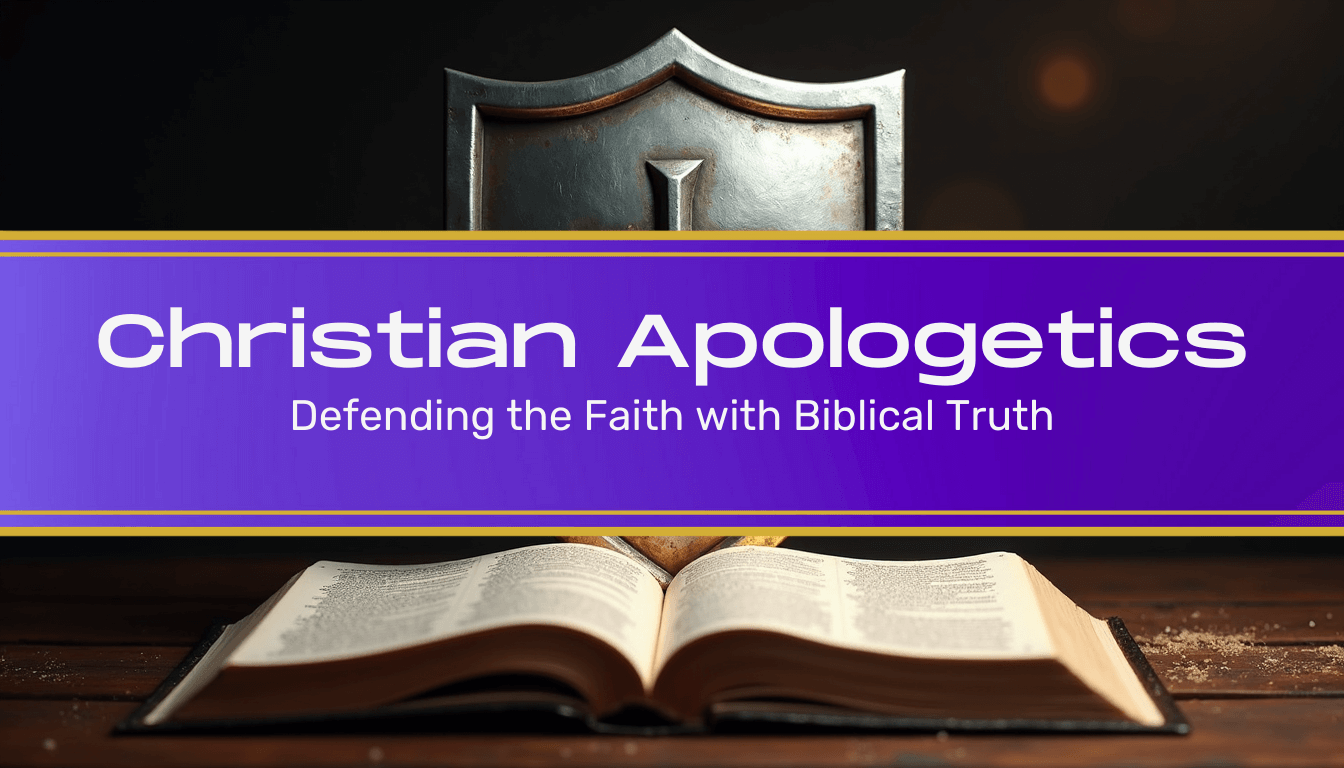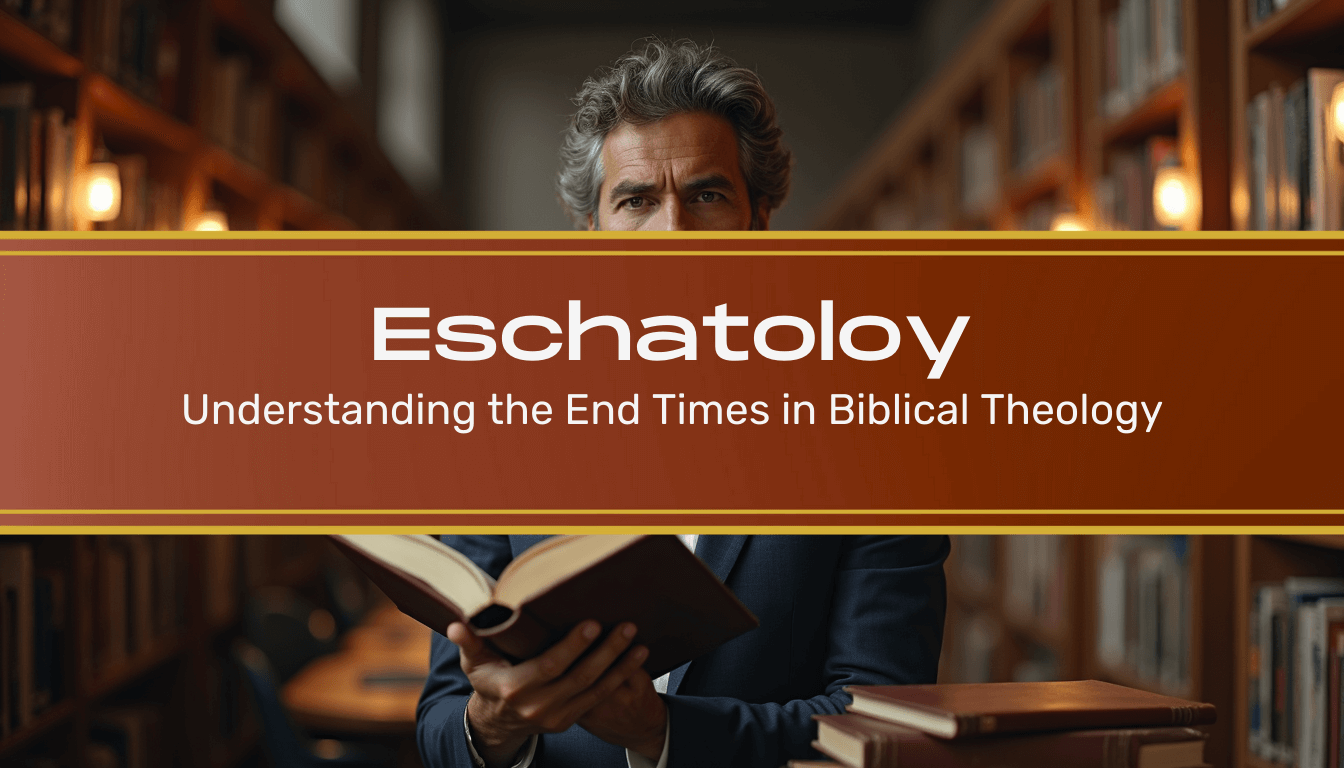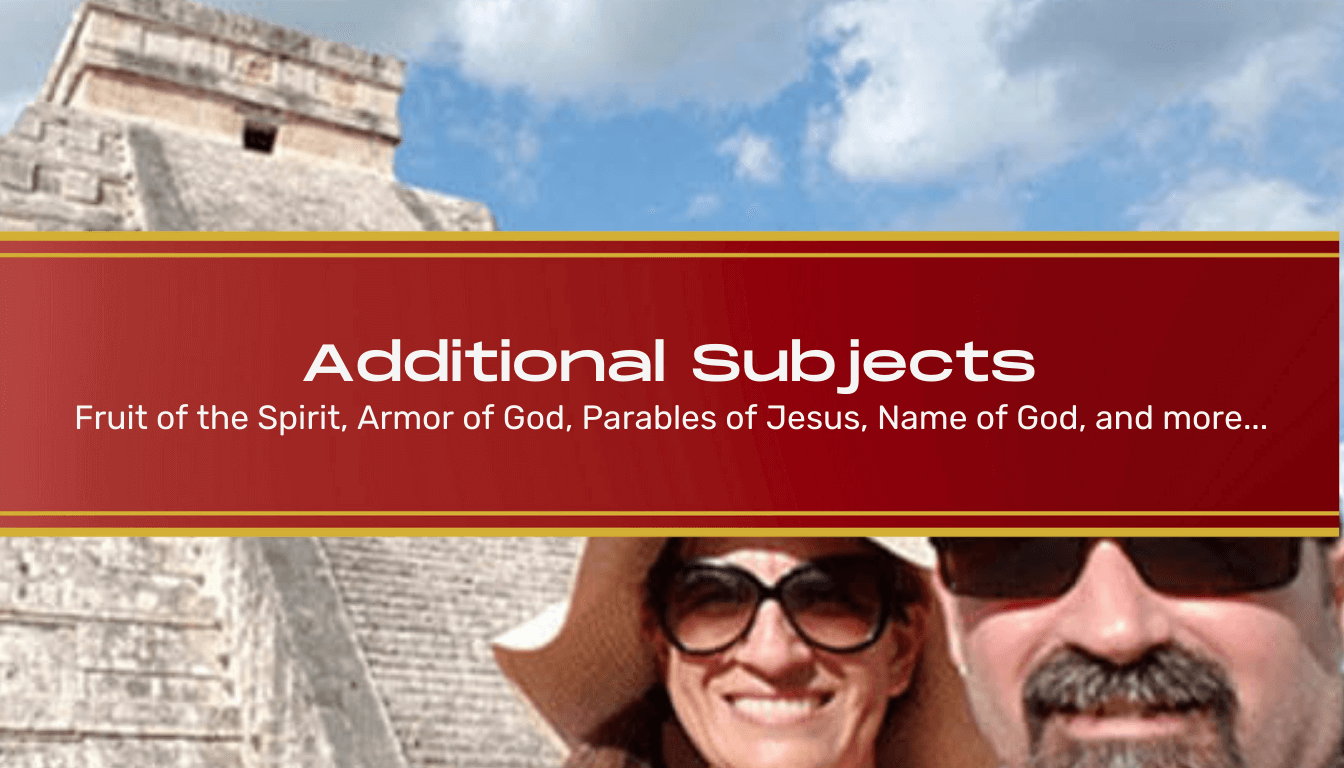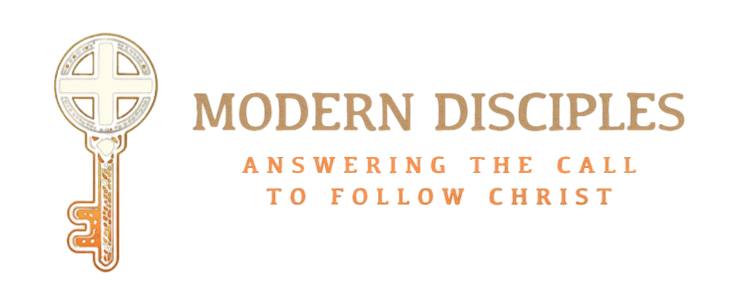
Bible Reading Plans
A Guide to Consistent Bible Study
Here's the uncomfortable truth: most Christians own multiple Bibles but rarely read them. They have good intentions, start strong in January, then fizzle out by February. Sound familiar? The problem isn't lack of desire—it's lack of strategy. Micro-promise: Bible Reading Plans aren't about religious obligation—they're about building a sustainable rhythm that actually transforms your relationship with God.
I used to be a Bible reading failure. I'd start with ambitious goals, read Genesis through Leviticus, hit the genealogies and ceremonial laws, then quit. Rinse and repeat every year. Then I discovered something revolutionary: structure creates freedom, not restriction.
A Bible reading plan isn't a spiritual straightjacket—it's a roadmap. It removes the daily decision fatigue of "what should I read today?" and replaces it with intentional progress through God's Word. The right plan meets you where you are and takes you where you need to go.
Sharp Edge: If you've been a Christian for years but still don't know what happens between Genesis and Revelation, your random Bible reading strategy isn't working. Time to try something that actually works.
Why Most Bible Reading Fails
The Overwhelm Factor
The Bible is intimidating. Sixty-six books, multiple genres, ancient cultures, complex theology. Where do you start? Most people either begin at Genesis and burn out in Leviticus, or they bounce around randomly and never build momentum.
Without a plan, you're like a tourist in a foreign country without a map. You might see some interesting sights, but you'll miss the main attractions and probably get lost.
The Guilt Cycle
Miss a few days, feel guilty, try to catch up, get overwhelmed, quit entirely. This cycle destroys more Bible reading habits than any other factor. People treat missed days like moral failures instead of normal human experiences.
The Familiarity Trap
Many Christians stick to comfortable passages—Psalms, Proverbs, the Gospels, maybe Romans. They avoid the "boring" parts like Chronicles or the "confusing" parts like Revelation. This creates a lopsided understanding of Scripture.
The Perfectionism Problem
Some people think they need to understand everything perfectly before moving on. They get stuck on difficult passages and never make progress. Perfect understanding isn't the goal—consistent exposure is.
Types of Bible Reading Plans That Actually Work
One-Year Plans
These divide the Bible into 365 daily readings. Most include Old Testament, New Testament, Psalms, and Proverbs each day, providing variety and preventing boredom.
Pros: Complete Bible coverage, manageable daily portions, built-in variety.
Cons: Can feel rushed, difficult passages might get skipped over.
Best for: People who want comprehensive coverage and can commit to daily reading.
Chronological Plans
These arrange biblical events in historical order rather than canonical order. You'll read Job during the patriarchal period, Psalms during David's reign, and prophets during the exile.
Pros: Shows the flow of biblical history, helps understand context.
Cons: Can be confusing for beginners, some dating is debated.
Best for: People who want to understand the historical progression of Scripture.
Thematic Plans
These focus on specific topics like prayer, forgiveness, or the character of God. You read passages related to your chosen theme from throughout Scripture.
Pros: Deep focus on specific areas, practical application.
Cons: Limited scope, might miss broader biblical themes.
Best for: People wanting to grow in specific areas or answer particular questions.
Book-by-Book Plans
These take you through individual books of the Bible systematically. You might spend a month in Romans, then move to James, then tackle Isaiah.
Pros: Deep understanding of individual books, manageable chunks.
Cons: Might miss connections between books, can feel fragmented.
Best for: People who want to understand specific books thoroughly.
New Testament Plans
These focus on the 27 books of the New Testament, typically taking 3-6 months to complete.
Pros: Less overwhelming for beginners, focuses on Christ and the early church.
Cons: Misses Old Testament foundation, incomplete biblical understanding.
Best for: New Christians or those wanting to focus on Jesus and apostolic teaching.
How to Choose Your Plan
Assess Your Current Situation
Be honest about your schedule, attention span, and spiritual maturity. A plan that works for a seminary student might crush a busy parent.
Define Your Goals
Do you want comprehensive Bible knowledge? Deep understanding of specific topics? Consistent daily habit? Your goal determines your plan.
Consider Your Learning Style
Some people love variety (one-year plans). Others prefer focus (book-by-book). Some need historical context (chronological). Pick what matches how you learn best.
Start Where You Are
If you've never read the Bible consistently, don't start with a plan that requires two hours daily. Begin with something achievable and build from there.
Practical Strategies for Success
Anchor Your Reading Time
Attach Bible reading to an existing habit. Read with your morning coffee, before checking email, or after dinner. Habit stacking makes consistency easier.
Prepare the Night Before
Set out your Bible, journal, and any study materials. Remove friction from the process. The easier it is to start, the more likely you'll follow through.
Use Multiple Translations
Reading the same passage in different translations can provide fresh insights and prevent staleness. Compare the ESV, NIV, and NLT to see different nuances.
Don't Aim for Perfect Understanding
You don't need to understand everything perfectly. Read for exposure, not mastery. Let difficult passages marinate in your mind—understanding often comes later.
Track Your Progress Visually
Use a reading chart, app, or journal to mark completed readings. Visual progress is motivating and helps you see how far you've come.
Build in Flexibility
Life happens. Kids get sick, work gets crazy, travel disrupts routines. Build grace into your plan. Missing a day doesn't mean failure—it means you're human.
Common Plan-Killing Mistakes
The Catch-Up Trap
Missing a day and trying to read three days' worth to catch up. This leads to rushed reading, poor comprehension, and eventual burnout.
Solution: Just pick up where you left off. The goal is consistency, not perfection.
The All-or-Nothing Mentality
Thinking that if you can't read for 30 minutes, there's no point in reading for 10. This perfectionist thinking kills more Bible reading habits than anything else.
Solution: Something is always better than nothing. Even five minutes in Scripture is valuable.
The Comparison Game
Feeling guilty because someone else reads more, understands more, or seems more spiritual. This turns Bible reading into competition instead of communion.
Solution: Focus on your own growth and relationship with God. Everyone's journey is different.
The Legalistic Approach
Turning Bible reading into a religious duty that earns God's favor. This sucks the joy out of Scripture and makes it feel like homework.
Solution: Remember that Bible reading is about relationship, not performance. God loves you whether you read or not—but reading helps you know Him better.
Digital Tools That Actually Help
YouVersion Bible App
Free, user-friendly, hundreds of reading plans. Tracks progress, sends reminders, allows note-taking. Perfect for beginners and experienced readers alike.
Blue Letter Bible
Excellent for deeper study. Provides original language tools, commentaries, and cross-references. Great when you want to dig deeper into specific passages.
Logos Bible Software
Professional-grade tools for serious study. The free version provides substantial resources. Ideal for those who want scholarly insights and advanced study features.
Bible Gateway
Easy comparison of translations, search functionality, and access to study notes. Good for quick reference and translation comparison.
We don't sidestep hard topics. We face them with Scripture, honesty, and respect. Start by exploring our category pages—they're practical and built to help you think biblically. If what you find is useful, take your time and drill down into the articles within each category. If you do, you'll learn a lot—and you'll be better equipped to live like Christ.
Biblical Hermeneutics: How to Study and Interpret the Bible - Learn the art and science of interpreting Scripture accurately using sound principles and methods.
Exegesis vs. Eisegesis: Understanding the Difference - Learn the crucial distinction between drawing meaning from Scripture versus reading your ideas into it.
Bible Study Methods: Inductive, Expository, and Topical Approaches - Explore different methodologies for studying Scripture effectively and systematically.
Put This Into Practice
• Choose one Bible reading plan today and commit to it for 30 days. Start small—consistency beats intensity.
• Set a specific time for Bible reading and treat it as a non-negotiable appointment with God.
• Download a Bible app or print a reading plan to track your progress visually.
• When you miss a day, don't try to catch up—just pick up where you left off and keep going.
• Focus on one key insight or application from each reading rather than trying to understand everything perfectly.
Sharp Edge: If you spend more time planning your Bible reading than actually reading your Bible, you're overthinking it. Pick a plan, start today, and adjust as you go. Analysis paralysis is just procrastination in disguise.
Conclusion
Bible reading plans aren't about religious performance—they're about building a sustainable relationship with God through His Word. The best plan is the one you'll actually follow, not the one that looks most impressive.
Stop making excuses. Stop waiting for the perfect plan or the perfect time. God's Word is waiting for you right now, and He's more interested in your consistency than your perfection.
Pick a plan. Start today. Let God's Word transform your life one day at a time.

Chris Daniel, just a servant of Christ calling others to be ready. Like the Bereans, I try to examine Scripture daily to see if what I hear is true. If you're struggling to live as we're called, you're still in the fight. Don't give up.
Category 2 - Christian Apologetics

Category 3 - Bible Study

Category 4 - Theology


"Most middle-class Americans tend to worship their work, work at their play, and play at their worship. As a result, their meanings and values are distorted. Their relationships disintegrate faster than they can keep them in repair. Their lifestyles resembles a cast of characters in search of a plot." - Gordon Dahl
"The Bible is a reliable collection of historical documents written down by eyewitnesses during the lifetime of other eyewitnesses that report supernatural events that took place in fulfillment of specific prophecies and claimed their writings were divine rather than human in origin."
- Dr. Voddie Baucham on 2 Peter 1
